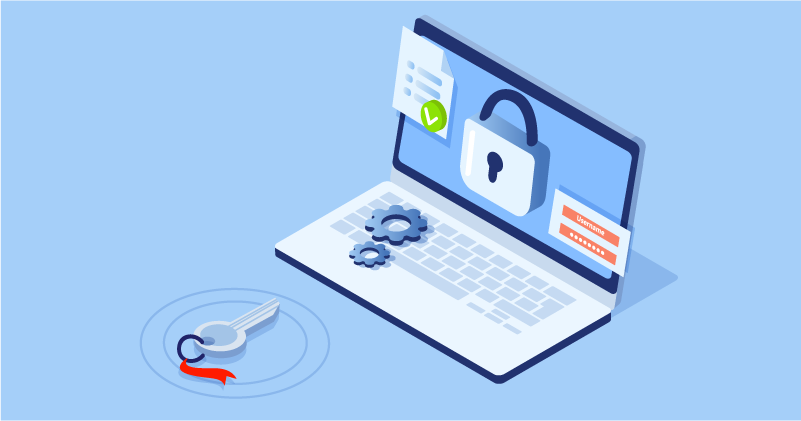
Every day, we hear about a new data breach, and it can be hard to track which companies have been compromised and what information has been stolen. In the wake of so many high-profile hacks, it’s more important than ever to make sure your online data is as secure as possible. Using strong passwords, comparing certificate management tool review guides, and updating your software are just a few ways to help keep your data out of the wrong hands.
1. Use Strong Passwords
Using strong passwords is one of the simplest and most effective ways to secure online data. A strong password should be at least eight characters long and include a mix of uppercase and lowercase letters, numbers, and symbols. Avoid using easily guessed words like “password” or personal information like your birthdate.
If you’re having trouble coming up with a strong password, you can use a password manager to generate and store them for you. LastPass and 1Password are two popular options offering free and premium software versions.
2. Compare Security Tools
When looking for a new certificate management tool review features and consumer thoughts to find the best option for your needs. Various tools are available, and each one offers different features.
Look for the ability to manage multiple certificates, support numerous domains, and integrate with popular web browsers. You’ll also want to make sure the tool you choose is compatible with your operating system. Once you’ve narrowed down your options, take some time to read reviews from other users to get a better idea of how the tool works in real-world scenarios.
3. Update Your Software
One of the easiest ways to improve your online security is to ensure your software is up to date. Your operating system and any applications installed should be kept up-to-date with the latest security patches.
If you’re using Windows, you can enable automatic updates to ensure your computer always has the latest security fixes. For other operating systems, you’ll need to check for updates manually, but it’s still a good idea to set up automatic updates if possible.
It’s also essential to update the software you use for web browsing, email, and other online activities. Outdated versions of these programs can be vulnerable to attack, so it’s essential to keep them up-to-date.
4. Use Two-Factor Authentication
Another good way to secure your online data is to use two-factor authentication (2FA). This adds an extra layer of security by requiring you to enter a second code from another device when logging in.
If you’re using a service that supports 2FA, enabling it’s a good idea to help protect your account if your password is stolen or guessed.
5. Be Wary of Public Wi-Fi
When you’re using public Wi-Fi, it’s important to be aware of the risks. These networks are often unsecured, which means your data could be intercepted by someone else on the same network.
If you need public Wi-Fi, avoid doing sensitive activities like online banking or shopping. If possible, use a VPN to encrypt your traffic and help protect your data.
6. Avoid Phishing Scams
Phishing scams are a common way for hackers to steal your personal information. These scams usually involve an email or website that looks legitimate but is fake. The goal is to trick you into entering your username, password, or other sensitive information.
To protect yourself from phishing scams, be skeptical of any emails or links you receive from unknown sources. If you’re not sure if something is legitimate, contact the company directly to check. You can also use a tool like PhishTank to check for known phishing scams.
7. Use Secure Connections
When transmitting sensitive data, it’s essential to use a secure connection. Look for websites that start with “https://” and have a padlock icon next to the URL. This indicates that the site uses SSL/TLS encryption to protect your data.
You should also avoid using public Wi-Fi networks for any sensitive activities. These networks are often unsecured, which means your data could be intercepted by someone else on the same network.
Final Thoughts
Securing your data can seem daunting, but taking the necessary steps to protect yourself is crucial. The time and effort you put into cybersecurity pale in comparison to the consequences of having your personal information stolen. Following the tips in this guide can help keep your data safe from hackers and other online threats.
Tech World Times (TWT), a global collective focusing on the latest tech news and trends in blockchain, Fintech, Development & Testing, AI and Startups. If you are looking for the guest post then contact at techworldtimes@gmail.com

